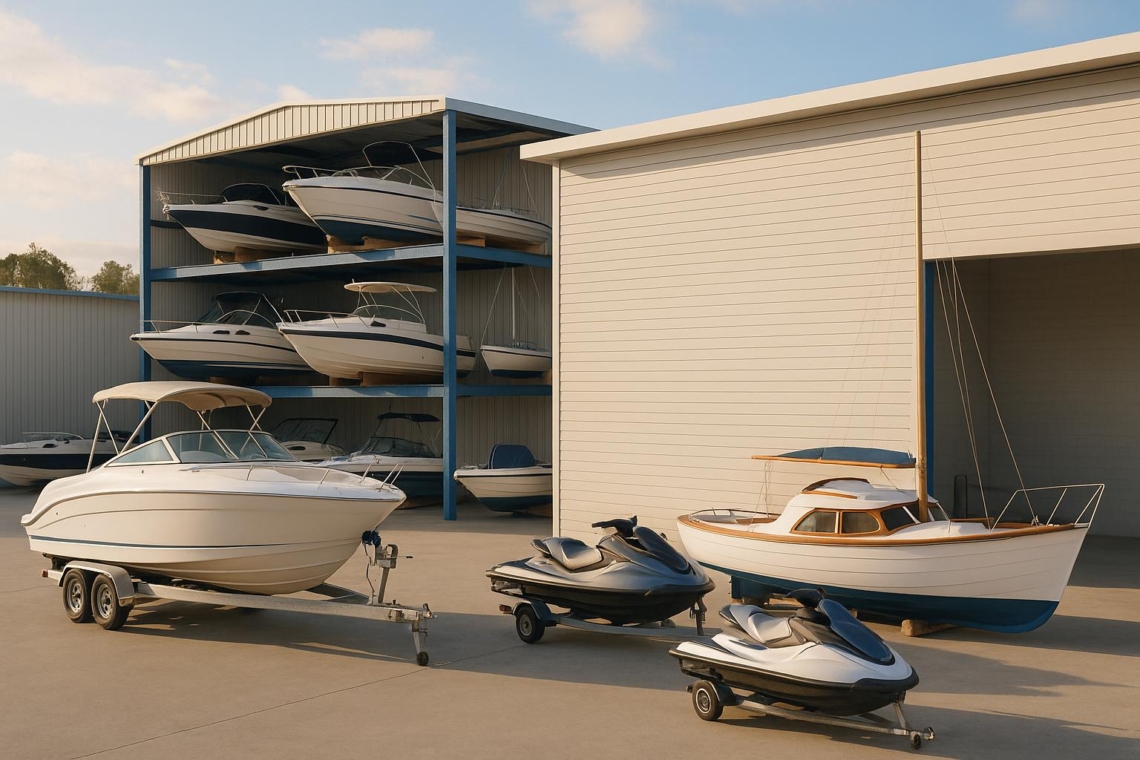Peer-to-Peer Storage vs. Traditional Units
- September 26, 2025
- Cheap storage near me
Choosing the right storage option depends on your needs, budget, and priorities. Peer-to-peer storage connects you with individuals…
Read More
Owning a boat is a joy, but figuring out where to store it can be a headache. Whether you’ve got a compact jet ski or a sprawling yacht, understanding your vessel’s storage needs is key to keeping it safe and ready for your next adventure. That’s where a tool like our Boat Storage Requirements Finder comes in handy—it cuts through the confusion by matching your boat’s size and type to the best storage setup.
Boats face wear and tear from weather, water, and improper handling if not stored correctly. A snug dry dock spot might work wonders for a motorboat, while a wet slip could be ideal for frequent sailors who want quick access. But how do you know what fits? By entering a few details about your boat’s dimensions and your preferences, you can uncover tailored recommendations that save time and prevent costly mistakes. Beyond just space, you’ll also get insights on potential hurdles—like height limits in indoor facilities.
Ready to protect your investment? Use our free calculator to pinpoint the perfect marina or storage option today. A little planning goes a long way on the water!
Our tool uses standard industry guidelines and typical storage dimensions to estimate the space your boat needs. For instance, a 20-foot motorboat often requires a 22×8 foot dry dock to account for extra clearance. That said, marinas and facilities can have unique rules or constraints, so I always recommend calling ahead to confirm specifics like height limits or availability. Think of this as a solid starting point to narrow down your options!
Great question! Dry dock means your boat is stored out of the water on a trailer or cradle—perfect for minimizing wear from constant water exposure. A wet slip keeps your boat in the water at a dock, which is handy if you’re using it often. Indoor rack storage stacks boats vertically in a sheltered facility, offering max protection from weather but often with tighter height restrictions. Each has pros and cons depending on your boat type and how often you hit the water.
You bet! While the tool processes one boat at a time, there’s a handy feature to re-enter data after getting your results. Just run through the steps again for each vessel or scenario you’re curious about. It’s a breeze to compare storage needs for, say, your jet ski and your sailboat in just a couple of minutes.
Join The Discussion